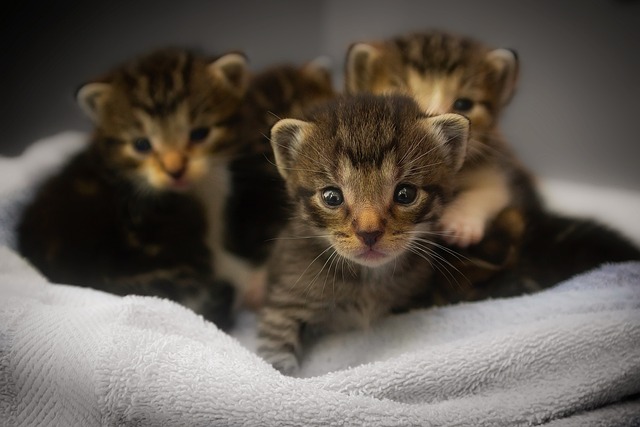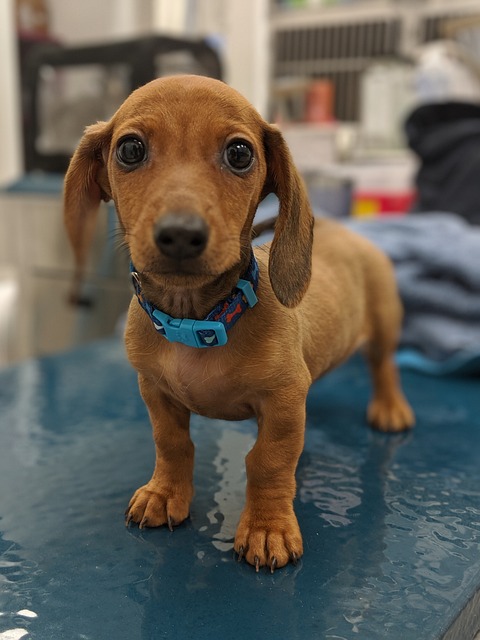What Foreigners should Do if They Want to Keep a Pet in Japan
For a foreigner to own a pet in Japan, various preparations and understanding are necessary. In this issue, from my perspective as a veterinarian, I would like to offer some advice on how to live a secure life with your pet, with a clear understanding of health care and legal responsibilities.

1. Understanding the Pet-Owning Environment in Japan
When keeping pets in Japan, it is important to understand the Japanese pet-owning environment. For example, one of the first things you need to do is find a residence that allows pets. Some apartments or condominiums may not allow pets. You may also need to obtain prior permission to keep pets, or there may be a limit on the number of pets you can have. You may be allowed to keep a dog but prohibited from keeping a cat, or you may be allowed to keep a small bird but not a large parrot. It is a good idea to check with the real estate agent or landlord in advance to make sure that you will not be unable to live in the residence due to a violation of the rules and regulations, even if you have gone to the trouble of keeping a pet. Also, if you want to walk your dog, you need to check if there is a park nearby, a veterinary clinic nearby, or a trimming salon depending on the breed of dog. Some high-rise condominiums in central Tokyo have elevators for the exclusive use of pets and facilities for washing dogs’ feet after returning from a walk.

Pet washroom located in a corner of a high-rise condominium. Residents can use it free of charge.
2 Bringing and Welcoming Pets
Strict import procedures must be followed when bringing pets from abroad to Japan. First, some types of pets are prohibited from importation, so it is important to check in advance. Pets must also receive appropriate vaccinations and undergo a medical examination. Import procedures include applying to the quarantine station and staying in a quarantine facility for a certain period of time. In addition, quarantine is almost always required when returning to the home country. It is important to check the procedures for returning home with your pet in advance. In addition, pet stores are the most common way to become a new pet owner in Japan. In other countries, pets are often acquired from shelters or volunteer groups, but in Japan this is often difficult due to language barriers and other problems. Some pet stores will not sell pets unless you have permanent resident status, so we recommend that you visit with a friend who can translate Japanese or bring a translation application with you if possible.

3. How to Use Japanese Veterinary Services
Excellent veterinary services are available in Japan to protect the health of your pet. It is important for foreigners to find a veterinarian they can trust to care for their pets in Japan. However, while Japanese veterinarians are highly skilled and knowledgeable in animal care, the language barrier can be a problem. Of course, there are Japanese veterinarians who speak English, so it is very important to build a relationship of trust with your veterinarian by making sure your pet receives regular checkups and vaccinations. In the unlikely event that you need to visit a veterinary hospital in an emergency, going to a veterinary hospital for the first time without knowing whether you can communicate in English can be a source of anxiety for both foreign pet owners and their pets. To avoid this, it is very important to establish a family veterinary clinic and communicate with the veterinarian in charge on a regular basis. By stopping by the veterinary clinic on your dog’s walk, even if you have nothing else to do, your dog may come to love the clinic.

4. Responsibilities and Rules for Pet Ownership
Owning a pet is not just a pleasure, but also a responsibility. In Japan, pet owners have responsibilities as stipulated by law. For example, dogs after 90 days of age are required to have an annual rabies vaccination. When returning to your home country, you must also have proof of rabies vaccination in Japan before you can leave the country. In some cases, you may have to pay a fine if you fail to have your dog vaccinated against rabies. After June 1, 2023, dogs and cats must be microchipped and registered. It is also important that pets behave in public. Local rules must be observed, such as the use of leashes while walking and the disposal of pet waste. Most dog bites of people and most injuries from dog fights are caused by not wearing a leash. For a comfortable pet life, we want to make sure that pet owners are considerate of each other’s pets.

Summary
Every day in Tokyo, I have the opportunity to meet people of foreign nationality who are enjoying living in Japan. If these people could have the option of living with pets, I am sure their days would become more enjoyable. I have written this article in the hope that it will be of some help to foreign nationals who wish to own a pet in Japan. Here is a summary
_____________
1. Check the environment for keeping pets Check to see if the place you live is allowed to keep pets. Some high-rise condominiums in central Tokyo have pet-friendly facilities.
2. how to welcome your pet Due to the language barrier, using a pet store is the first choice for foreign pet owners. If possible, we recommend using a friend who can interpret Japanese or a translation application.
3. How to deal with veterinary clinics
Once you have a pet, you should use an animal hospital for health checks. By visiting veterinary clinics on a regular basis, you will be able to build a good relationship with your veterinarian.
4. Don’t just love your pet, but take responsibility for keeping it.
Some animals cannot be kept in Japan. Understand the minimum laws and manners regarding the animal you wish to keep.
_____________
Located in Tsukishima, Tokyo, near Ginza and surrounded by high-rise apartments, we aim to be a foreigner-friendly animal hospital. We will continue to make various efforts to become a place where foreign pet owners can feel free to consult with us about any small problem.
WEB site of this hospital http://www.anima-ah.com/
